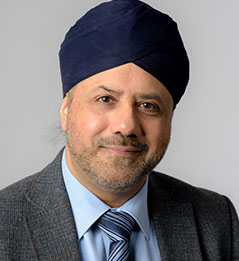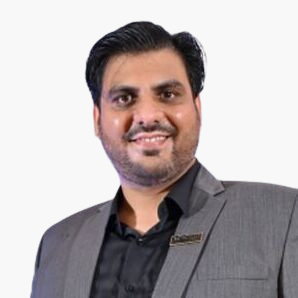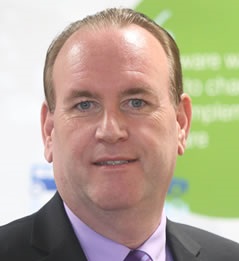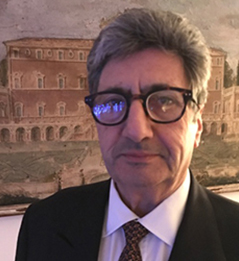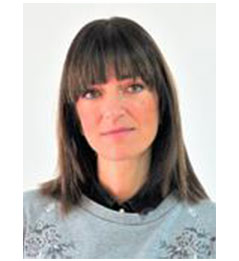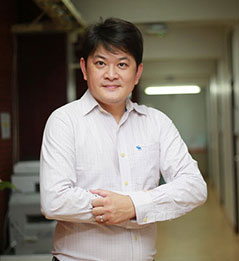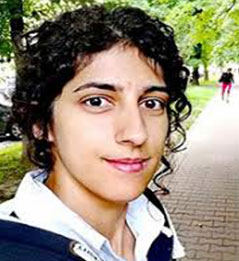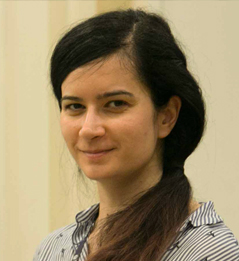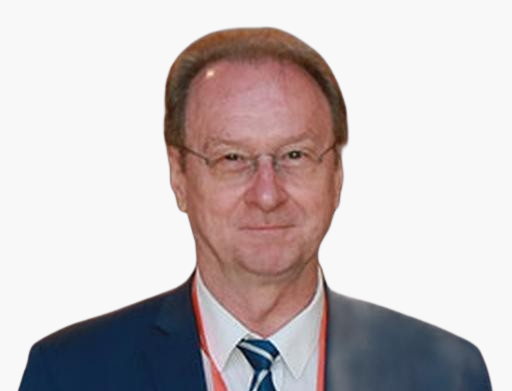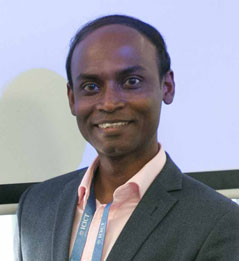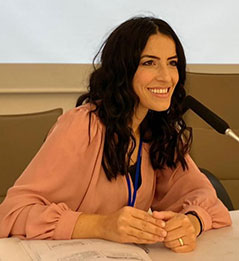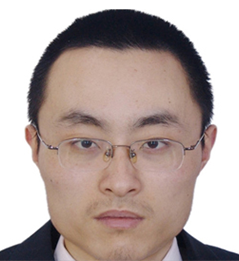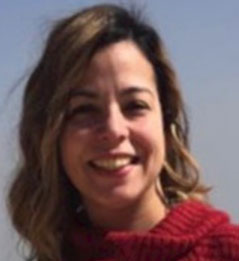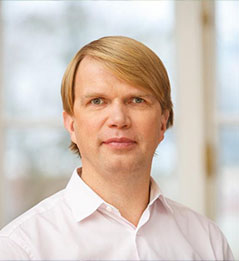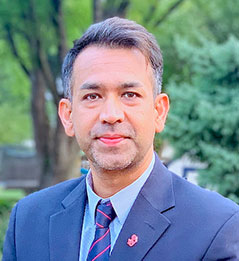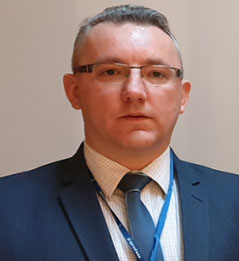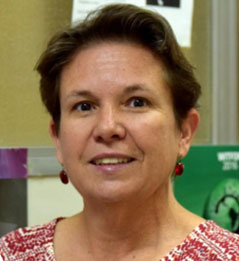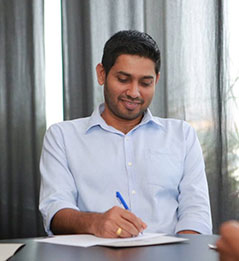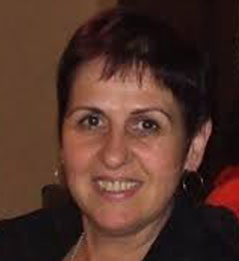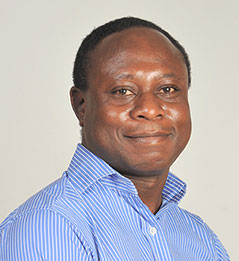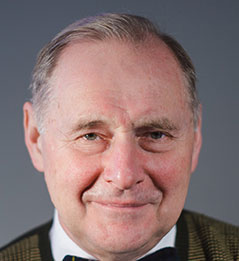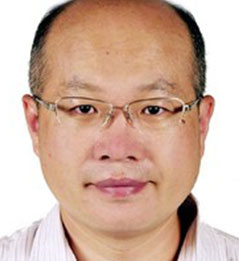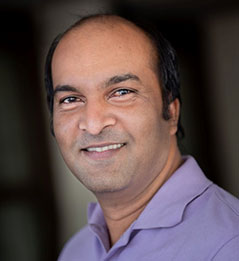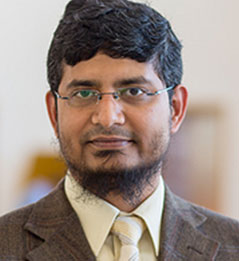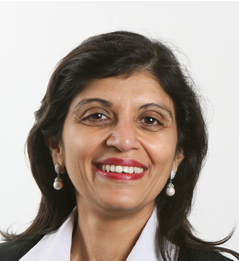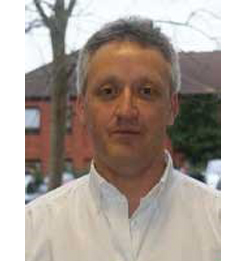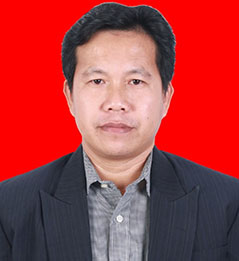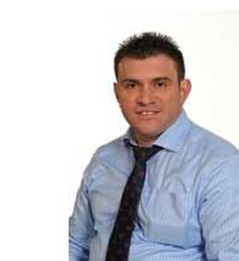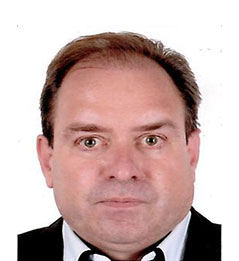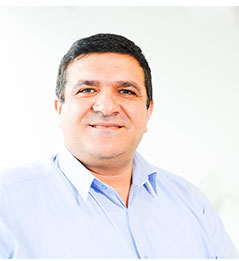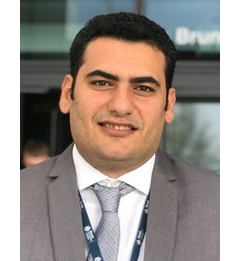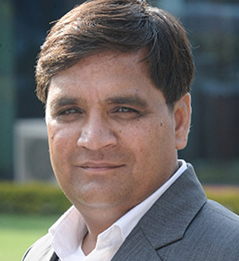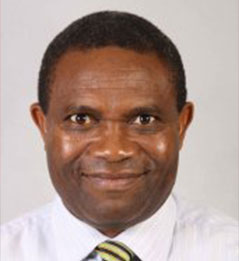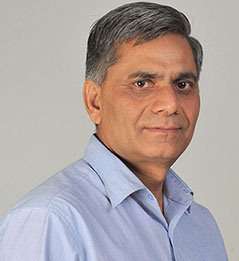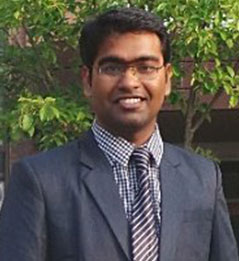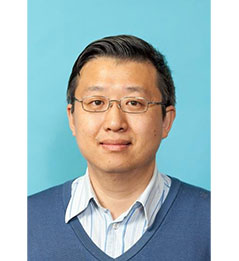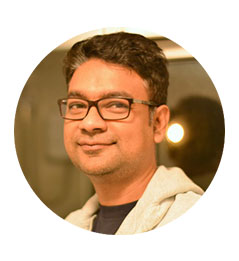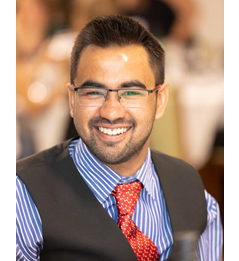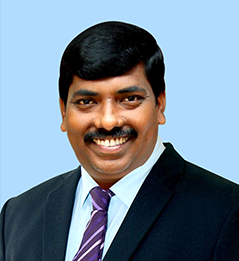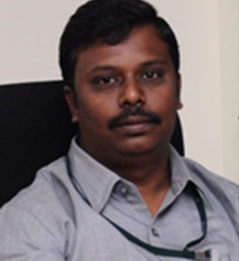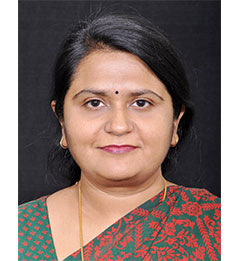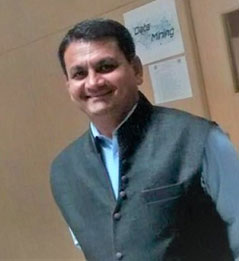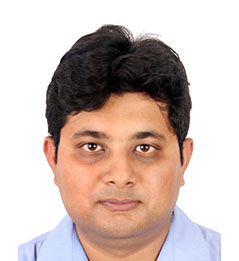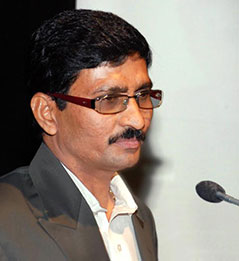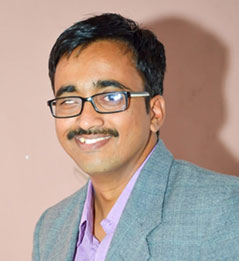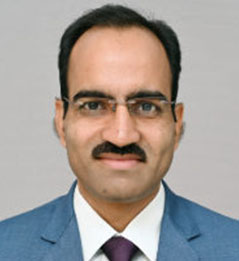Deputy Vice-Chancellor (Education and International)
Brunel University - London
Professor Andrew George joined Brunel University London as Deputy
Vice-Chancellor (Education and International) in 2013. He is responsible for the education and
international strategy of the University, as well as the annual planning round.
Andrew George did his first degree at the University of Cambridge,
before going on to the Tenovus Laboratories in the University of Southampton to do his PhD with
Professor Freda Stevenson, developing a vaccine for B cell lymphoma. He was awarded a Beit Memorial
Fellowship and stayed in Southampton for his first postdoctoral period, before going to Dr David
Segal's laboratory in the National Institutes of Health (NIH), Bethesda, USA, where he used
recombinant techniques to generate novel antibody molecules. In 1992 he returned to the UK as a
lecturer at the Royal Postgraduate Medical School, Hammersmith Hospital, which merged with Imperial
College London in 1997. At Imperial he was Professor of Molecular Immunology and Director of the
Graduate School and the School of Professional Development.
Andrew's research has sought to understand and manipulate the immune
system in order to treat disease, in particular to prevent the rejection of transplanted organs and
treat cancer. He has also used mathematical models to understand how the immune system functions.
In addition to his research, he has been involved in the ethical conduct
and regulation of research. He was Chair of the UK's National Research Ethics Advisors' Panel
(2009-2017) and on the Clinical Trials, Biologicals and Vaccines Expert Advisory Group for the
Commission of Human Medicines/MHRA (2007-2017). He is a Director of Imperial College Health
Partners, and a Governor of Richmond Adult Community College and the John Hampden Grammar School. He
is also a Fellow of the Royal College of Pathologists, The Higher Education Academy, The Royal
Society of Arts and The Royal Society of Biology.
In the 2017 New Year Honours list Andrew was appointed MBE for his
services to research participants and the ethical governance of clinical research.


